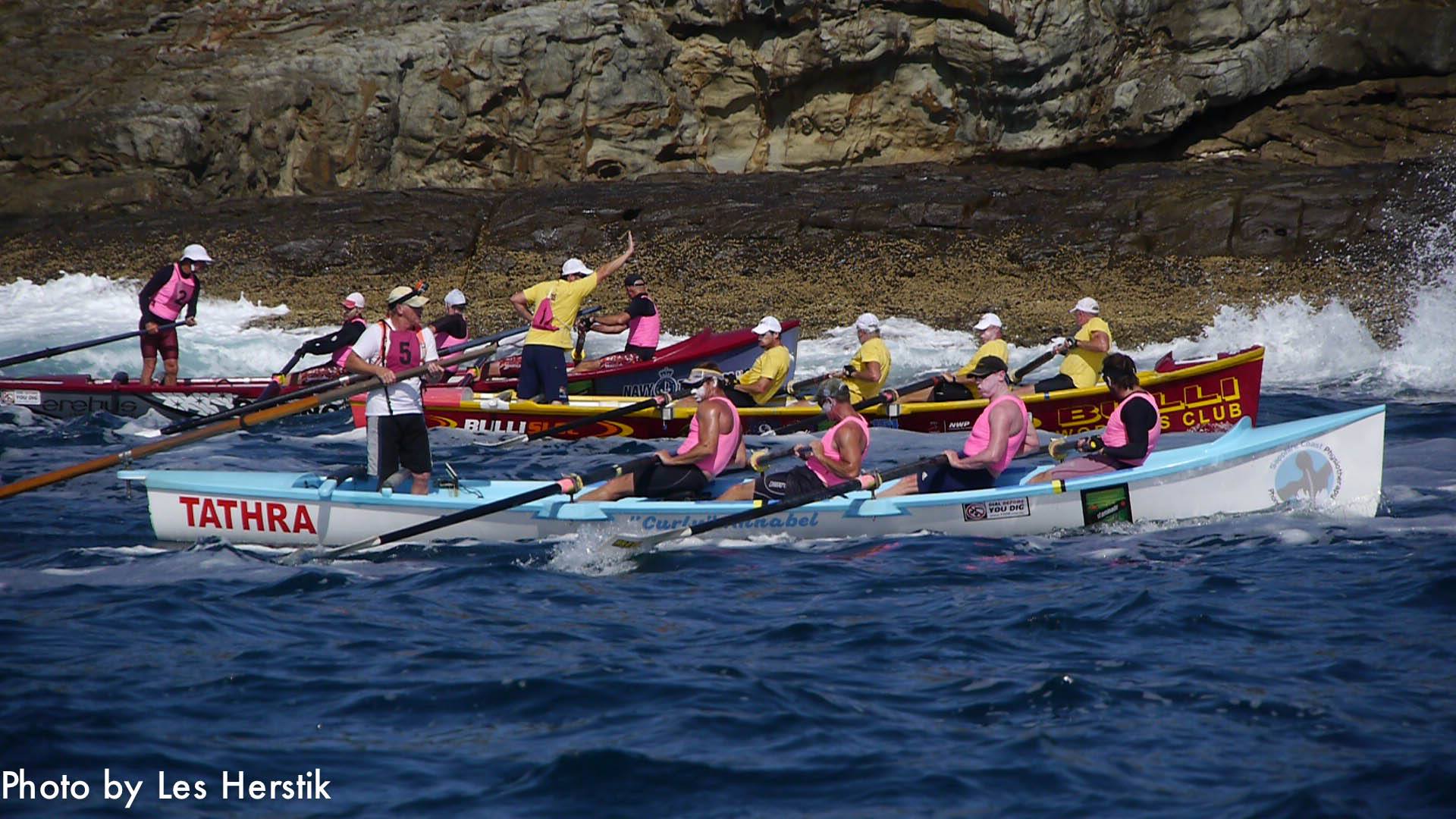Health and Nutrition
A Doctor and nurse will be on board a support boat for the duration of each leg of the Bass.
Crews and support boats will be told the name of the boat and the radio call sign to contact the Dr both at the main briefing before the commencement of the event and at each evenings briefing.
Sunburn: Remember to....
- Slip on sun protective clothing that covers as much of your body as possible.
- Slop on SPF 30 or higher broad-spectrum, water-resistant sunscreen, at least 20 minutes before sun exposure. Reapply every two hours when outdoors or more often if perspiring or swimming.
- Slap on a broad-brimmed hat that shades your face, neck and ears.
- Seek shade if possible
- Slide on sunglasses.
Sea Sickness: If a person is prone to sea sickness, over the counter medication such as Kwells work well with some. Nibbling on ginger biscuits or lollies does help settle the stomach. Try and keep your eyes firmly fixed on the horizon. The only known cure is return to terra firma.
Blisters: Dont break blisters smaller than your little finger nail, moisturizer or aloe vera lotion or gel may provide relief in some cases. If blisters break, gently clean the area with mild antiseptic soap and water, apply an antibiotic ointment, and cover it with a nonstick gauze bandage.
Bluebottle Stings: Should a person be stung badly while at sea transferring to the Medical boat would be the best option for the application of hot water.
Strains & Sprains: Rest, ice, compression and elevation
Nutrition: Carbohydrate is the preferred fuel source during high intensity exercise and can be quickly depleted during the prolonged endurance exercise.
A carbohydrate-rich early breakfast, although recommended will not always be feasible. A lighter option is toast or a couple of fruit buns with a sports drink. Or a carbohydrate-rich, easily digested, low-fibre liquid meal supplement.
Snacks may include fruit (fresh and canned), muesli/breakfast bars, dried fruit and nut mix, fruit buns, crackers, low-fat fruit yoghurt.















